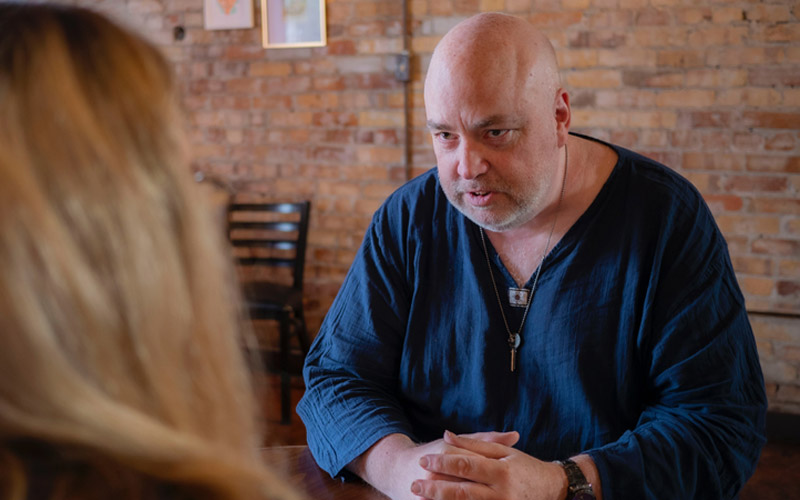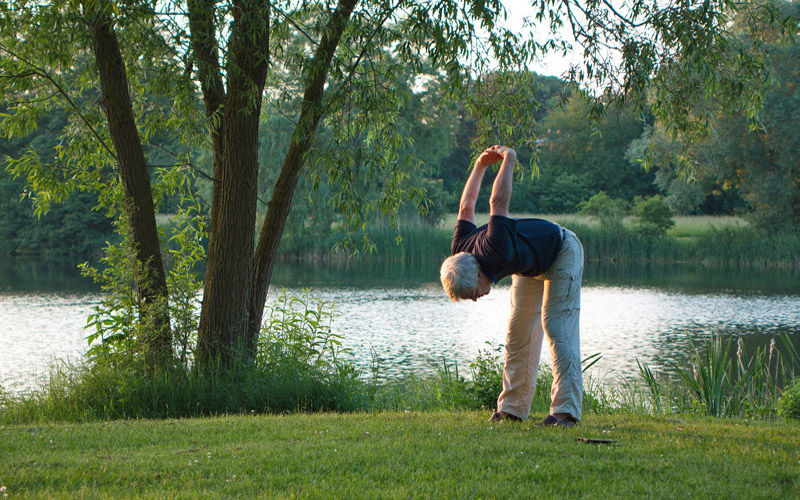Many people with dementia lose their social filters and no longer understand what is or is not appropriate to say in public. They do not say embarrassing things intentionally but have indeed lost the lens they used to live with. You may have encountered situations like these: Person with Dementia upon hearing someone speaking a different language: “Speak English!” or they may use a racial slur to describe them.
I have seen and heard many elders using racial references that were, to say the least, disrespectful. It doesn’t necessarily mean the people are racist. Many of our elders grew up in much less diverse communities than we have today. They have simply lost whatever inhibitions they may have had. When they see someone of another ethnicity, they blurt out labels that they heard as youths, embarrassing everyone involved.
How to respond: One of my clients used to make these remarks frequently. He also had travelled a lot. I would apologize calmly to the person and then begin talking about what language I thought they might be speaking and what country they might be from, asking my client if he had ever been there on his travels. This could lead him into a conversation about travel. If the person, he was making the remark about was on staff at the nursing home I’d include them in the conversation.
Person with Dementia, generally a man pinches a woman or otherwise acts out sexually: “Nice butt!”
Stay calm and realize that this behavior is caused by the disease. Dementia has stripped your dad of his inhibitions and he really can’t help it. Try not to overreact from embarrassment.
How to respond: Calmly say, “That’s inappropriate, Dad,” or something to indicate that the action is not acceptable. It won’t help to scold, however. Apologize to the person affected and then if possible, move your dad away. Explain to the person that dad has Alzheimer’s and his actions are the result of the disease. If you can’t defuse the situation by moving him away, just allow the affected person to handle it. If it happens to a professional caregiver, they are trained to handle these situations.
When these and other uncomfortable situations occur, we are embarrassed for ourselves and for the person our elder once was. Learning that we aren’t alone in enduring this public embarrassment helps, Talk with other caregivers, either in person or online, for perspective and the chance to laugh about these situations. When we share our stories with people who understand, our pain and embarrassment doesn’t take on a life of its own. Try a caregiver forum, such as the one at AgingCare.com



